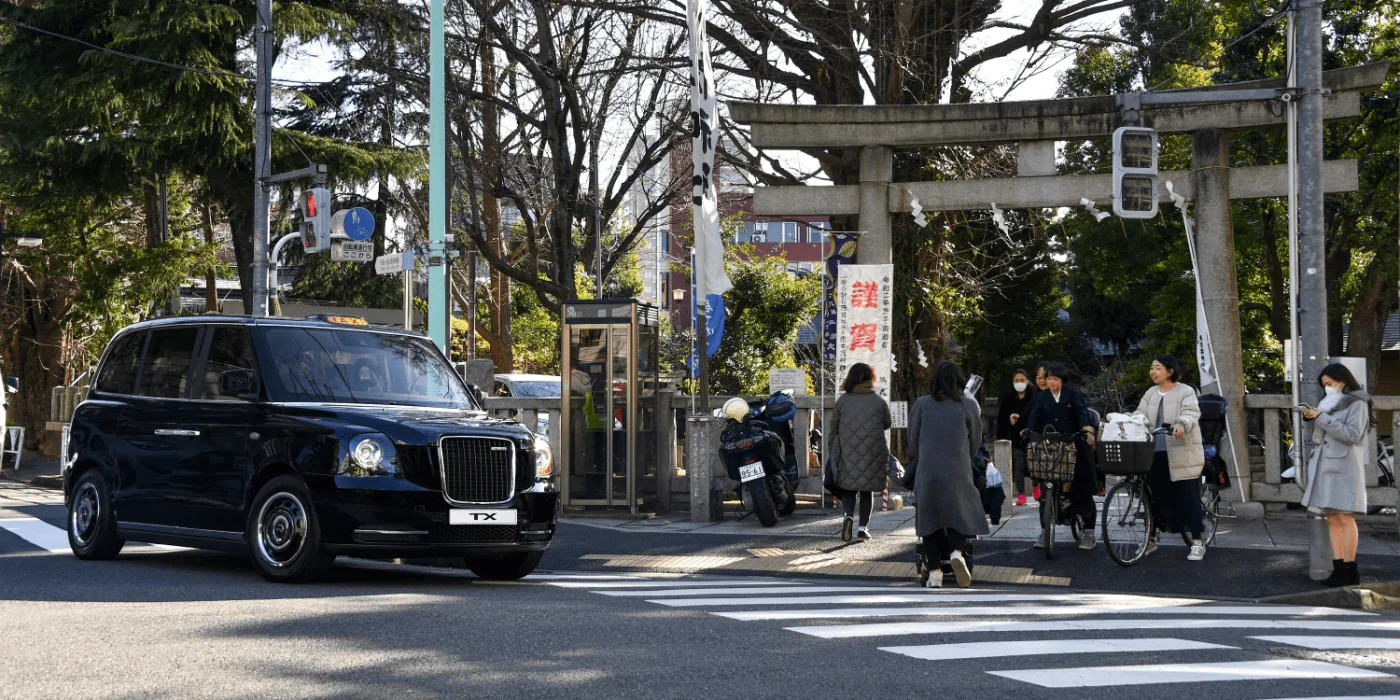Japan agrees on new EV subsidy budget
The Japanese government is providing a total of 37.5 billion yen (290 million euros) for e-mobility in a supplementary budget for 2021. The majority of the sum is to flow into purchase premiums for vehicles, the rest into charging and hydrogen infrastructure.
As the Japanese business paper Nikkei reports, 25 billion yen (193 million euros) are to flow into subsidies for vehicles with battery-electric, plug-in hybrid and fuel cell drive systems. 6.5 billion yen (50 million euros) are earmarked for new charging stations and 6 billion yen (46.5 million euros) for new hydrogen filling stations.
As reported, the government has increased the subsidies for BEVs to up to 800,000 yen per vehicle, which is equivalent to 6,200 euros. For fuel cell vehicles, up to 2.5 million yen will be paid – i.e. 19,375 euros.
However, these subsidy rates are often not achievable in practice. The 800,000 yen for e-cars, however, is only available if all the electricity for charging at home or at work comes from renewable sources. For many consumers in big cities, these conditions are hardly achievable. In the case of fuel cell cars, the price difference to similarly sized petrol cars is included. A Toyota Mirai is thus subsidised with 1.4 million yen, i.e. 10,850 euros.
In the case of BEVs, the currently limited public charging infrastructure has also prevented major market success so far. Only 15,000 electric cars were sold in Japan last year. At the end of the fiscal year 2020, there were 2.3 charging points per 10,000 inhabitants in Japan. In its report, Nikkei uses France as a comparison, where this ratio is 6.9 charging points per 10,000 inhabitants.
The government in Tokyo has set the goal of expanding the network of public charging points from the current 30,000 to 150,000 by 2030. However, Nikkei notes that the 6.5 billion yen in the current supplementary budget will be enough “for a few thousand chargers at most”.





0 Comments